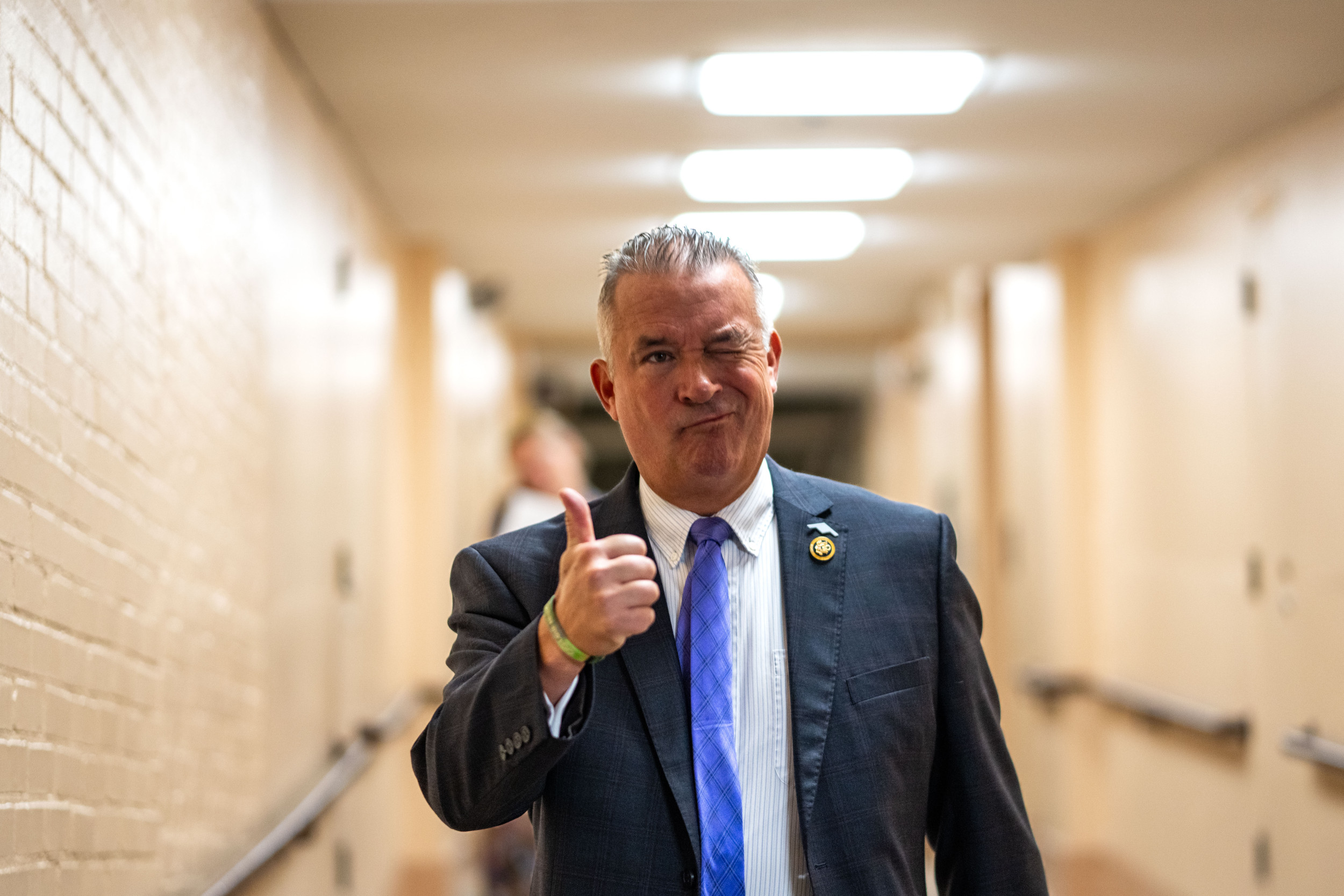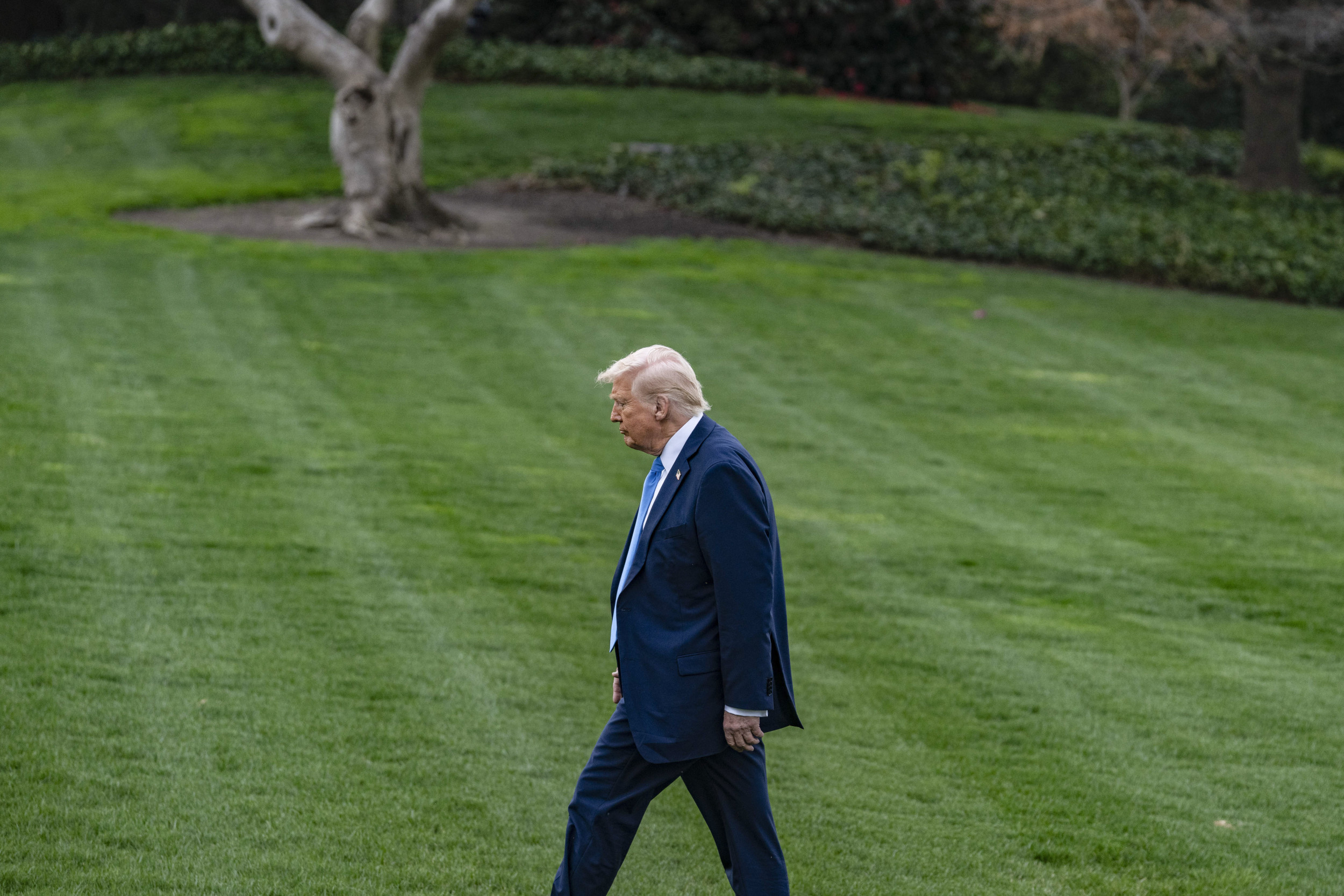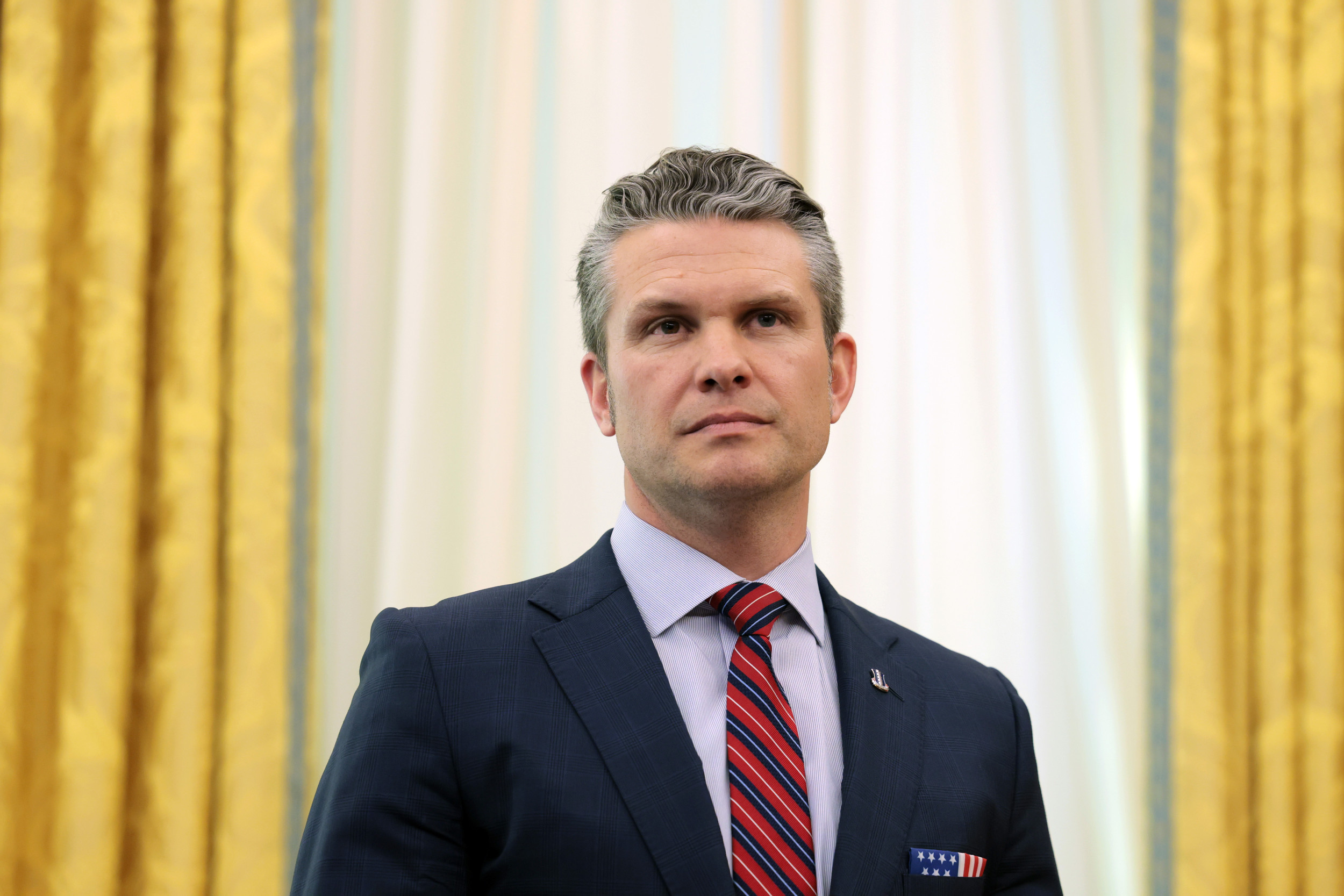Mark Zandi, chief economist at Moody's Analytics, said U.S. President Donald Trump's tariff policies may be "pushing the economy into recession."
"We can talk ourselves into recession," Zandi told CNN on Wednesday. "But this one feels like we're being pushed into a recession."
Why It Matters
Economists and financial institutions have been issuing increasingly stark warnings about the health of the U.S. economy, prompted by stock market volatility and weak consumer confidence readings, as well as the anticipated impact of Trump's trade policies and the retaliatory actions these have sparked from other countries.
The administration has defended its policies as necessary to counter unfair practices by America's trading partners, to foster a resurgence of strength in domestic industry and, in the case of tariffs on China, as a punitive measure in response to the country's role in the fentanyl trade.
What to Know
Zandi described the recession risk "as uncomfortably high," adding: "I think they're less than 50-50, but it really does depend on the president and what he does here."
He highlighted Trump's proposal to enforce "reciprocal tariffs" on countries that impose higher duties or apply indirect taxes, such as the value-added tax (VAT), on U.S. imports. Zandi said that these, as they come into effect and remain in place for more than a few months, would be enough to push the economy into recession, "given everything else that's going on."
According to the White House, reciprocal tariffs will help to reduce America's trade deficit, boost the economy and improve global trading relationships "to the benefit of American workers, manufacturers, farmers, ranchers, entrepreneurs, and businesses."

Zandi said it wouldn't take much to push the U.S. economy into recession, telling CNN that "the collective psyche is very, very fragile," and pointing to other policies from the administration that could prove to be contributing factors.
"If the tariffs actually are put into place, if we see big cuts to government funding in a very short period of time, if there's significant mass deportation that disrupts labor markets—many parts of the economy depend on immigrant labor—construction, manufacturing—that might be enough to push the collective psyche over the edge and push us into recession," Zandi said.
What People Are Saying
Zandi told CNN: "This would be a really weird recession—it's recession by design. The economy came into the year rip-roaring, exceptionally strong and we're pushing it because of policy. It just doesn't feel like that's the direction we need to go. So I suspect the president, the administration at some point will say, 'ok enough already.' But I don't say that with confidence unless recession risks are high."
White House press secretary Karoline Leavitt, when asked whether Trump was responsible for the recent stock market downturn, said: "The numbers that we see today, the numbers we saw yesterday, the numbers will see tomorrow are a snapshot of a moment in time.
"We are in a period of economic transition. We are in a period of transition from the mess that was created under Joe Biden."
Treasury Secretary Scott Bessent, when asked whether he could confirm that there will be no recession "on Trump's watch," said: "You know there are no guarantees. Who would have predicted COVID? So, I can predict that we are putting in robust policies that will be durable."
Federal Reserve Chair Jerome Powell, at a press conference on Wednesday, said that a "good part" of the central bank's increased inflation forecast was due to tariffs.
David Wessel, a senior fellow in economic studies at Brookings, previously told Newsweek that he was skeptical about premising recession fears on economists' forecasts and stock market fluctuations.
"Economic forecasters don't have a very good track record at predicting recessions. They often call recessions after they've already begun (as we learn later)," he said. "Many forecasters were pretty sure that the Federal Reserve's sharp interest rate increases in 2022 and 2023 would produce a recession. It never arrived."
What Happens Next
Last week, Trump's 25 percent tariffs on steel and aluminum took effect for all countries, and the president has said that his reciprocal tariffs are scheduled to go into effect on April 2.
fairness meter
About the writer
Hugh Cameron is Newsweek U.S. news reporter based in London, U.K. with a focus on covering American economic and business ... Read more




